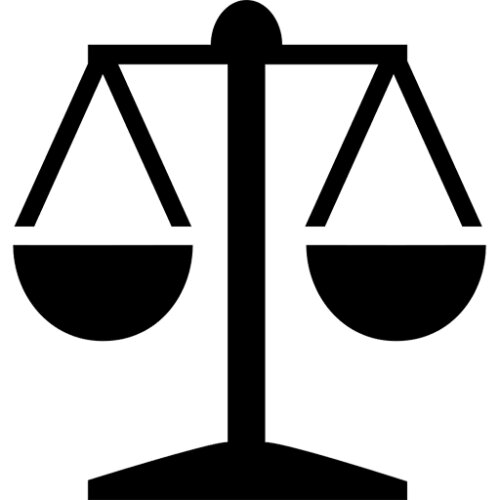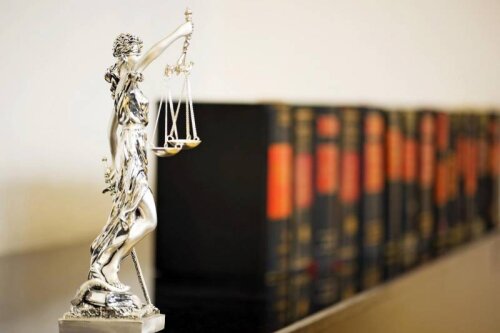Best Due Diligence Lawyers in Nice
Share your needs with us, get contacted by law firms.
Free. Takes 2 min.
List of the best lawyers in Nice, France
About Due Diligence Law in Nice, France
Due diligence in Nice, France, involves a thorough investigation and evaluation process typically used in business transactions, such as mergers and acquisitions, real estate purchases, or investments. It ensures that all relevant facts, such as financial records, legal obligations, and potential risks, are thoroughly examined to inform decision-making. The legal framework for due diligence in Nice is influenced by French corporate and commercial law, aiming to provide a transparent, secure environment for business activities.
Why You May Need a Lawyer
Legal expertise in due diligence can be essential for a plethora of reasons. Common situations where individuals or businesses might require legal assistance include:
- Conducting a comprehensive review of financial statements and obligations before a significant business transaction.
- Ensuring compliance with local and international laws and regulations.
- Mitigating risks by identifying potential legal, financial, and operational liabilities.
- Negotiating terms of a deal to protect your interests.
- Verifying the accuracy of information provided by another party in a transaction.
- Protecting intellectual property and navigating the legalities of related rights.
- Facilitating smooth transitions in the event of mergers, acquisitions, or corporate restructuring.
Local Laws Overview
Key aspects of local laws in Nice, France, relevant to due diligence include:
- Commercial Code: This encompasses the rules regulating business operations, mergers, acquisitions, and commercial contracts, essential for due diligence processes.
- Civil Code: Provides the legal basis for contracts, obligations, and property rights, ensuring all transactions adhere to French civil law requirements.
- Labor Law: Important for due diligence concerning employee rights, contracts, and obligations under French labor regulations.
- Data Protection Laws: Compliance with GDPR and French data protection regulations is crucial when handling sensitive information during due diligence.
- Property Law: Governs real estate transactions, including mortgages, ownership rights, zoning laws, and related permissions.
Frequently Asked Questions
1. What is due diligence?
Due diligence is a comprehensive appraisal of a business or individual's legal, financial, and operational records before entering into a transaction. It aims to uncover potential risks and liabilities.
2. Why is due diligence important?
Due diligence is crucial because it helps parties make informed decisions, ensures compliance with laws, uncovers potential risks, and protects from future liabilities.
3. How long does due diligence typically take?
The duration of due diligence depends on the complexity of the transaction, the size of the business, and the depth of the required investigation. It can range from a few weeks to several months.
4. What documents are needed for due diligence?
Key documents include financial statements, tax returns, intellectual property records, employee contracts, customer and supplier contracts, property deeds, and any legal disputes.
5. Can I do due diligence myself?
While you can conduct some preliminary research, due diligence involves complex legal, financial, and regulatory aspects that typically require professional expertise to ensure thorough examination and compliance.
6. What are the risks of not conducting due diligence?
Failing to conduct due diligence can lead to unforeseen liabilities, financial losses, legal consequences, and damage to reputation. It can also result in poorly informed decisions and unsuccessful transactions.
7. How much does due diligence cost?
The cost varies depending on the complexity of the transaction, the volume of documents to review, and the professionals involved. It is a worthwhile investment compared to potential losses from inadequate due diligence.
8. What role does a lawyer play in due diligence?
A lawyer provides essential legal expertise, ensures compliance with laws, identifies potential legal risks, prepares and reviews necessary documents, and helps negotiate favorable terms.
9. Are there specific regulations for due diligence in France?
Due diligence in France must comply with various regulations under the French Commercial Code, Civil Code, labor laws, and data protection laws. These ensure transparency, fairness, and legal compliance in transactions.
10. Can due diligence uncover all risks?
While thorough due diligence significantly reduces risks, it may not uncover every possible issue. However, it provides a comprehensive assessment to make informed decisions and mitigate potential problems.
Additional Resources
For additional help with due diligence in Nice, you may consider the following resources:
- Chambre de Commerce et d'Industrie Nice Côte d'Azur: Offers business support and resources for companies.
- Infogreffe: The official commercial court registries’ website, providing access to corporate information and filings.
- Ordre des Avocats de Nice: The Nice Bar Association can help you find qualified lawyers specializing in due diligence.
- Direction Régionale des Finances Publiques (DRFIP): Can provide information on tax obligations and compliance.
Next Steps
If you require legal assistance in due diligence, consider the following steps:
- Identify Your Needs: Clearly define the scope and objectives of your due diligence requirements.
- Find a Specialist: Look for lawyers or law firms in Nice with expertise in due diligence and relevant areas of law.
- Consult Multiple Experts: Get quotes and different perspectives to choose the best fit for your needs.
- Prepare Documentation: Gather all necessary documents and information that will be required during the due diligence process.
- Engage a Lawyer: Once you have identified the right professional, formally engage them to conduct due diligence on your behalf.
Lawzana helps you find the best lawyers and law firms in Nice through a curated and pre-screened list of qualified legal professionals. Our platform offers rankings and detailed profiles of attorneys and law firms, allowing you to compare based on practice areas, including Due Diligence, experience, and client feedback.
Each profile includes a description of the firm's areas of practice, client reviews, team members and partners, year of establishment, spoken languages, office locations, contact information, social media presence, and any published articles or resources. Most firms on our platform speak English and are experienced in both local and international legal matters.
Get a quote from top-rated law firms in Nice, France — quickly, securely, and without unnecessary hassle.
Disclaimer:
The information provided on this page is for general informational purposes only and does not constitute legal advice. While we strive to ensure the accuracy and relevance of the content, legal information may change over time, and interpretations of the law can vary. You should always consult with a qualified legal professional for advice specific to your situation.
We disclaim all liability for actions taken or not taken based on the content of this page. If you believe any information is incorrect or outdated, please contact us, and we will review and update it where appropriate.













